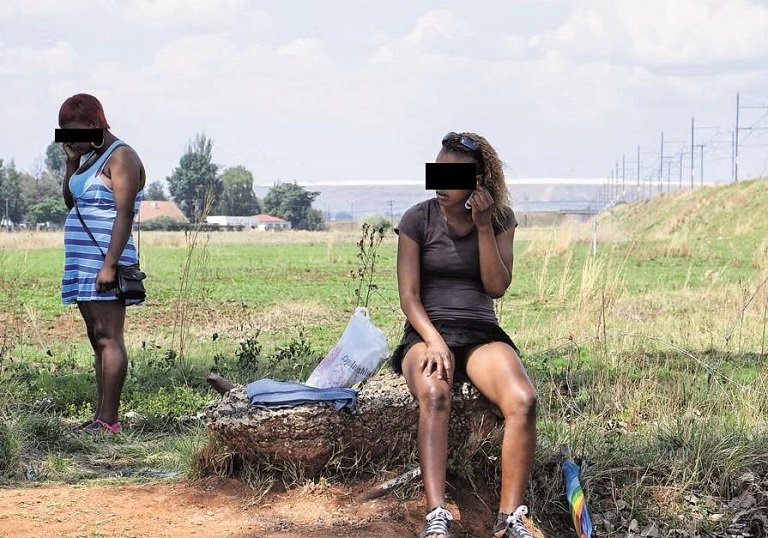
Photo: Refuge Network International
A United Nations Office on Drugs and Crime (UNDOC) report has shown that nine in 10 Nigerian women that are smuggled to Europe come from Edo State.
Edo is a predominantly Christian state with a population of 3 million.
In a report by Reuters – Cycle of exploitation turns Nigerian sex slaves in Italy into traffickers – traffickers in Nigeria are exploiting Europe’s migration crisis, moving girls to lawless Libya, before crossing the Mediterranean to Italy, anti-slavery activists say.
“Edo women started going to Italy to buy gold and beads in the early 1980s and saw a thriving market in prostitution,” said Kokunre Eghafona, a professor of sociology and anthropology at the University of Benin and a consultant researcher for the International Organization for Migration (IOM).
“They came back and started taking family and friends.”
These women, known as “madams” – who make up around half of Nigeria’s traffickers, UNDOC says – are mostly former victims-turned-brokers who prey on others to escape prostitution.
Many such traffickers believe they are being helpful rather than doing harm, calling themselves sponsors rather than madams, a more positive title, according to Eghafona.
Speaking from her home in the city of Warri with her one-year-old son crying in the background, madam “Mama Anna” said that with so many girls looking for traffickers to take them to Italy, she no longer needed to deceive or trick them into going.
“Some ask me what they will do when they get there,” said Mama Anna, boasting of her reputation as a broker who sends interested girls to Italy to work for her older sister, also a madam.
“I tell them they will go and hustle,” she said. “They ask: ‘What kind of hustle?’ I tell them. Some refuse to go, others agree.”
BONDED BY DEBT
For an insight into what drives young women to travel to Italy and sell sex, look no further than Uromi, with its pothole-ridden roads and derelict buildings with wells in front yards – evidence of the town’s lack of running water.
One neighbourhood stands out. Its nickname is “Little London” and it is known for sleek, modern houses behind imposing iron gates, many said to be funded from the proceeds of prostitution.
Faith, a 23-year-old hairdresser, travelled more than 300 km (almost 200 miles) to Uromi from her home in Akwa Ibom, dreaming of joining the ranks of thousands of sex workers smuggled to Europe each year.
“I want to go to Italy because I want to make money,” she said. “If it is prostitution, I’ll do it.”
In the past, girls like Faith would have been tricked into prostitution, promised jobs like hairdressing or supermarket before being forced to work for pimps.
“Before, nobody knew – it was a secret thing,” said 30-year-old Anita, who was sex trafficked to Italy in 2011, after being deceived into thinking she was going to work as a hairdresser.
“But now, even children know that when you get there, it is prostitution.”
After escaping her traffickers, Anita spent days on the streets. She was finally arrested and deported back to Nigeria.
Before arranging their passage through contacts in Libya, traffickers like “Mama Anna” make the girls sign a contract to finance their move – leaving them with debts that can spiral to tens of thousands of dollars and take years to pay off.
Girls are then taken to a spiritual priest, who conducts the “juju” rituals designed to bind them to their traffickers.
Such rites instil fear in victims, who believe that they or their relatives may fall ill or die if they disobey their traffickers, go to the police or fail to pay off their debts.
Fearful that the juju “spell” may be turned on them, many Nigerian parents become complicit, insisting that their daughters obey their traffickers, testimony from Italian court documents shows.
It’s then on to Europe via well-trod smuggling routes through Niger and Libya.











